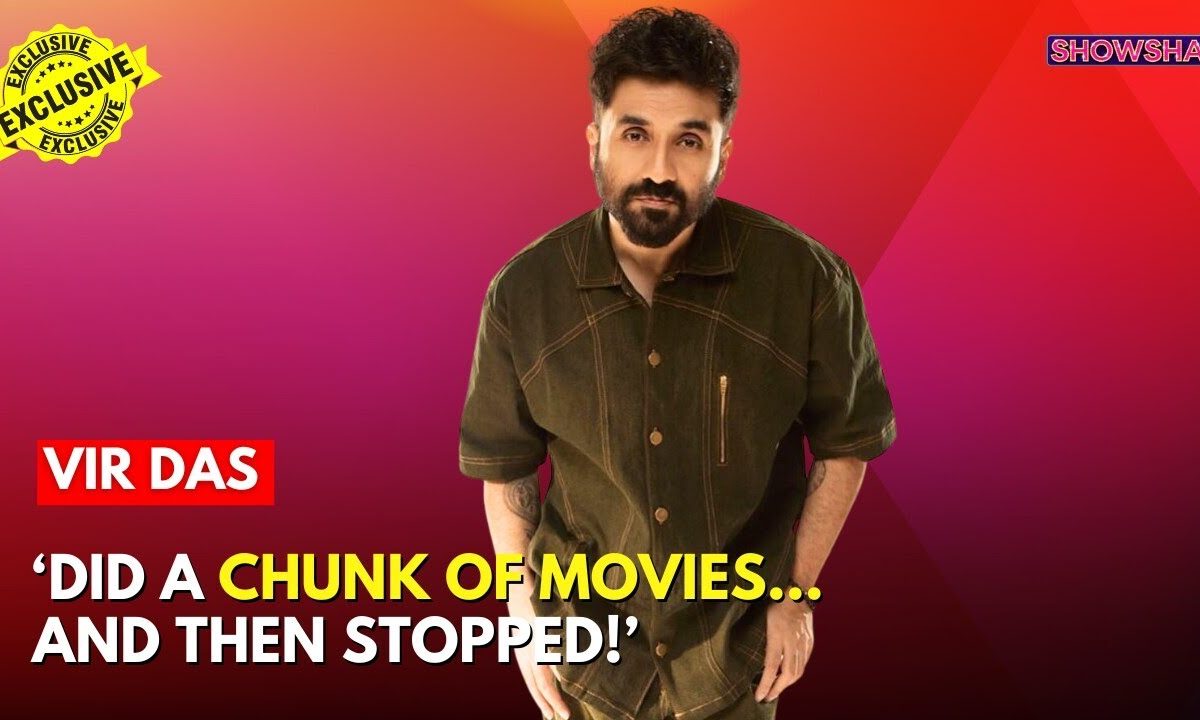

In a recent exclusive interview with CNN-News18 Showsha's Nishad Neelambaran, actor and comedian Vir Das opened up about his creative process, his perception of today's audiences, and his appreciation for a "terrific" year.
Das delved into the nuances of creating comedy that resonates with a diverse audience. He acknowledged the changing landscape of stand-up comedy, where a growing audience includes people who are new to the art form. With this expansion comes a wider range of reactions, which Das embraces as a natural part of the growth process. He understands that with increased popularity, varying opinions and feedback are inevitable, and he welcomes both positive and negative reactions with equal enthusiasm.
When asked about dealing with outrage, Das shared a humorous anecdote about the silliest reason he has faced backlash: the spelling of his first name. He finds it absurd that some people are offended by the way "Vir" is spelled, as if he had a say in it at birth.
Das also addressed the topic of political jokes and "equality of offense," emphasizing that his comedy doesn't adhere to any specific agenda. He believes that comedians in India have the freedom to joke about various subjects, and he personally aims to find humor in a wide range of topics without偏袒. He also believes that comedians in India have become cooler than comedians worldwide. He strives to maintain a balanced approach, making fun of different parties and perspectives.
Das draws a line at making jokes about people who are ill or don't have the ability to defend themselves. While some believe comedy should "punch up," Das focuses on avoiding humor that targets vulnerable individuals. He differentiates between apologizing for making someone feel upset and apologizing for the joke itself, making it clear that he will continue to create the comedy he believes in while remaining respectful of others' feelings.
In an earlier interview with CNN-News18, Das spoke about the controversy surrounding his "Two Indias" monologue delivered at the Kennedy Center. The monologue sparked a storm of reactions, and a complaint was filed against him. He also discussed how he turned complaints into opportunities to take control of his narrative.
Das's journey has been marked by both praise and controversy, but he remains focused on his craft and connecting with audiences worldwide.